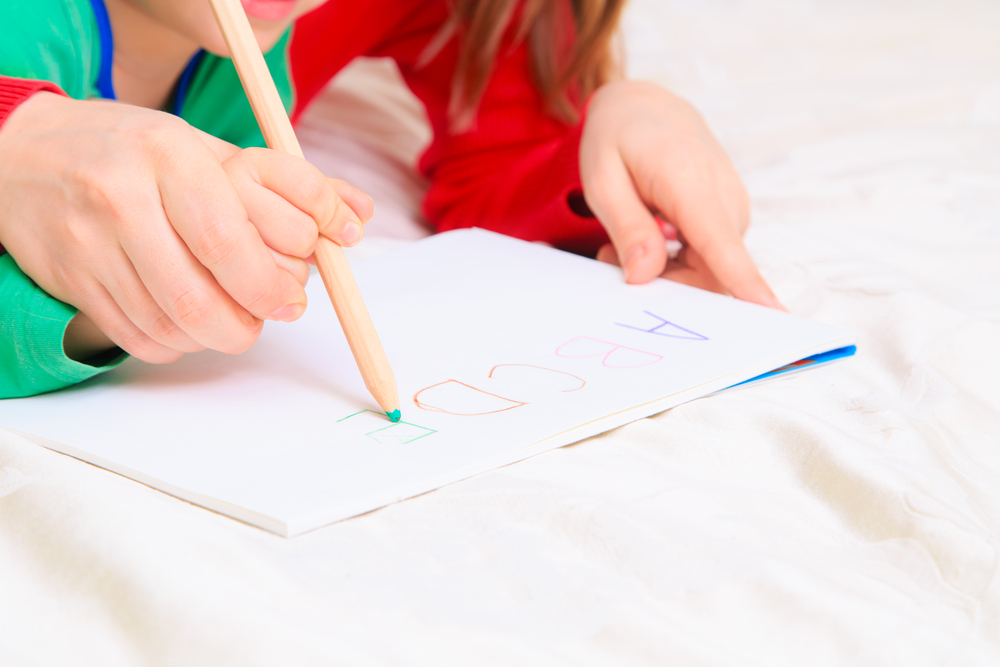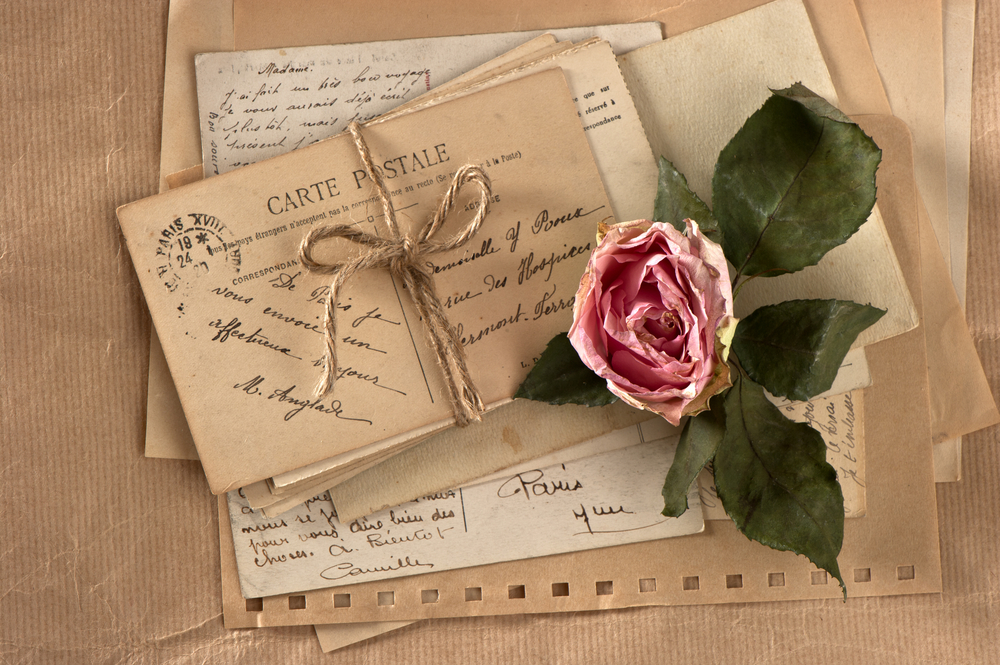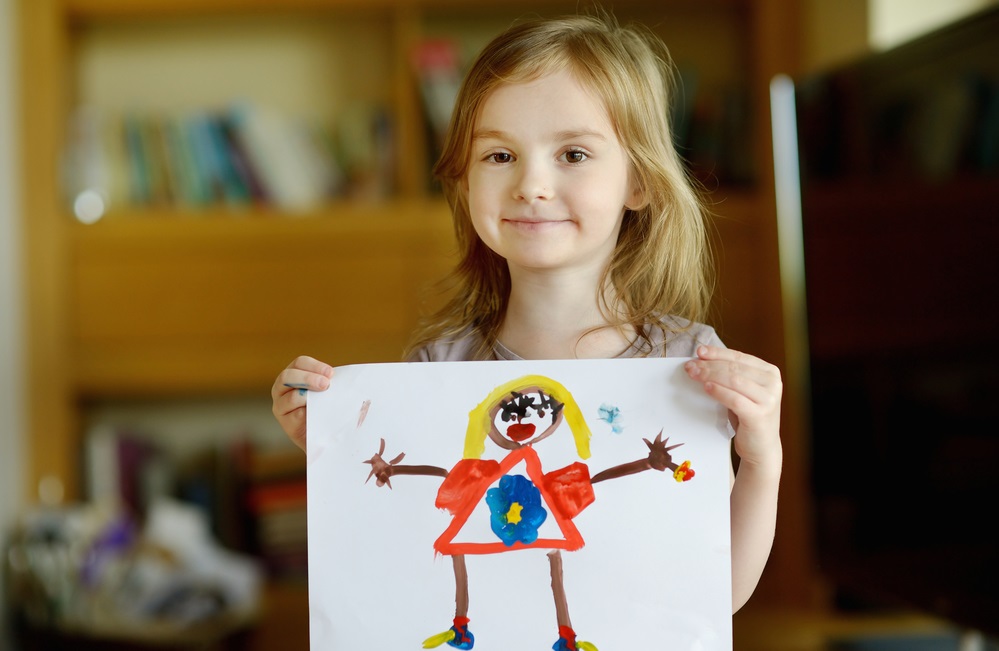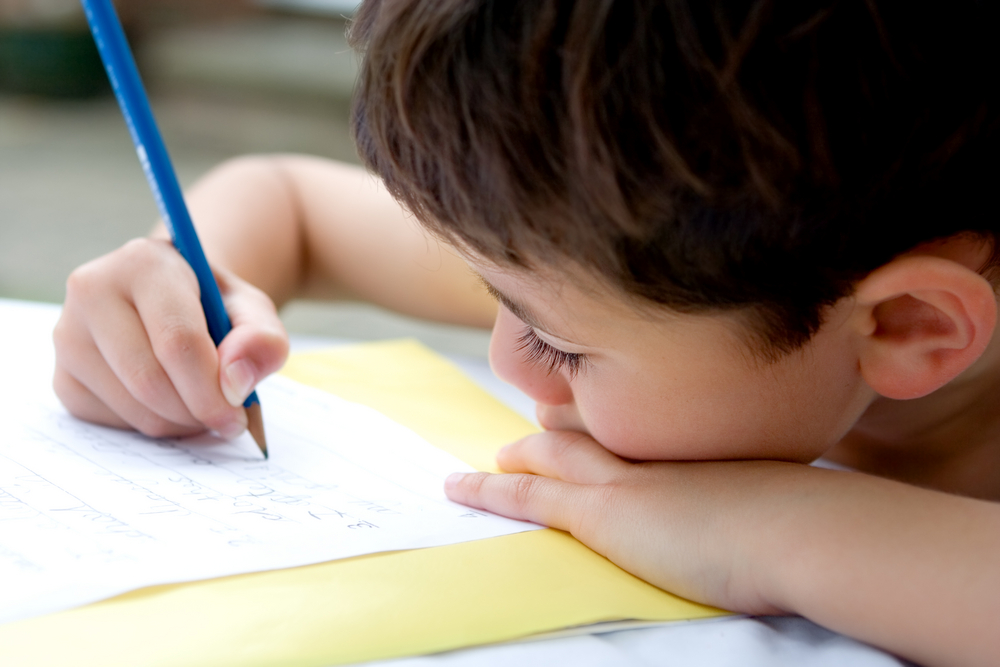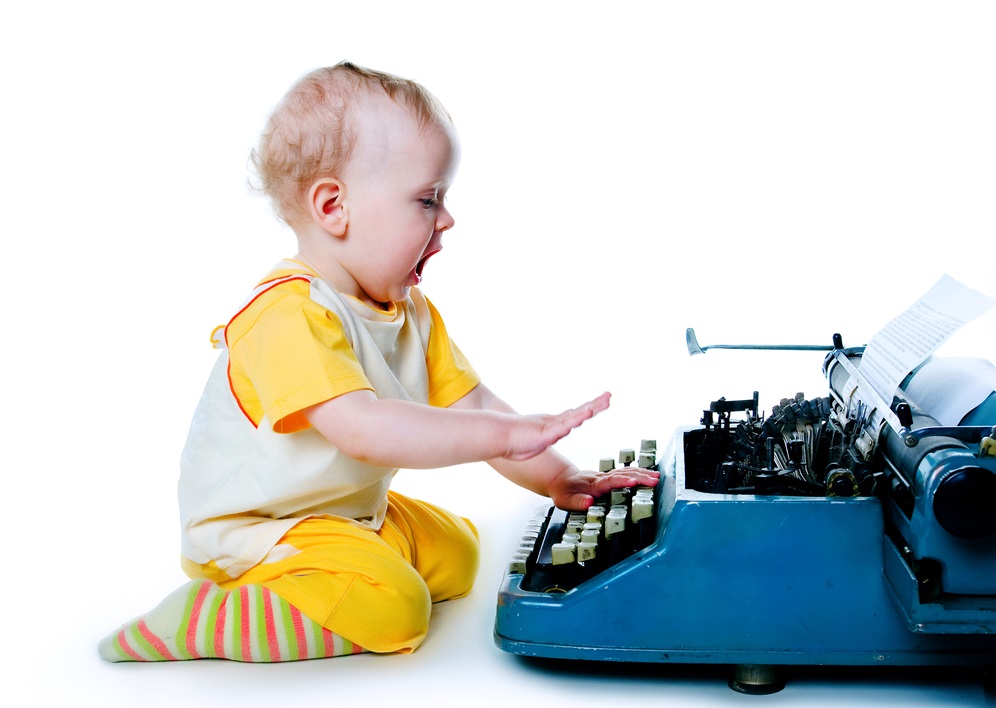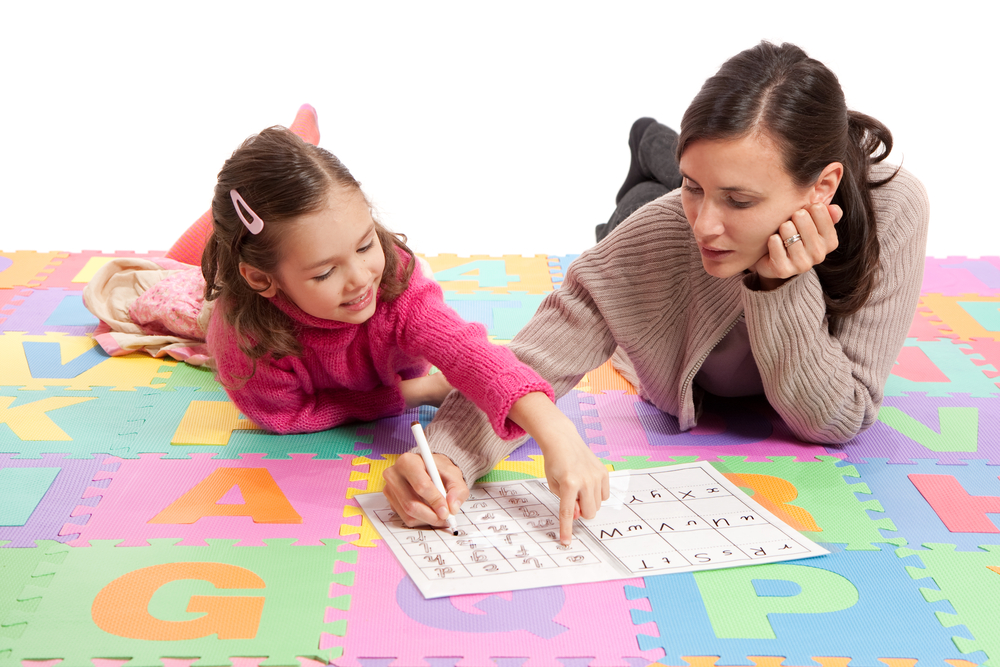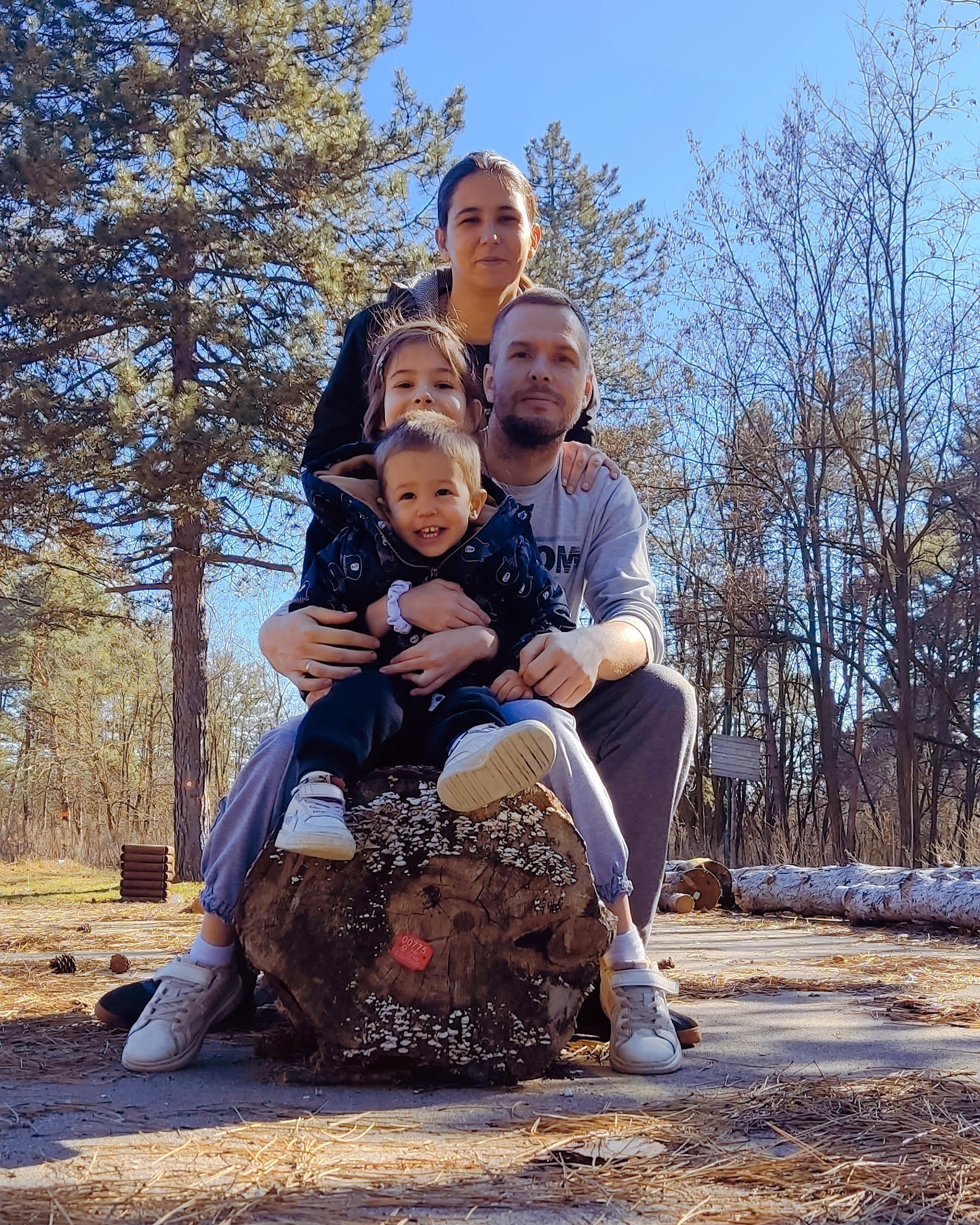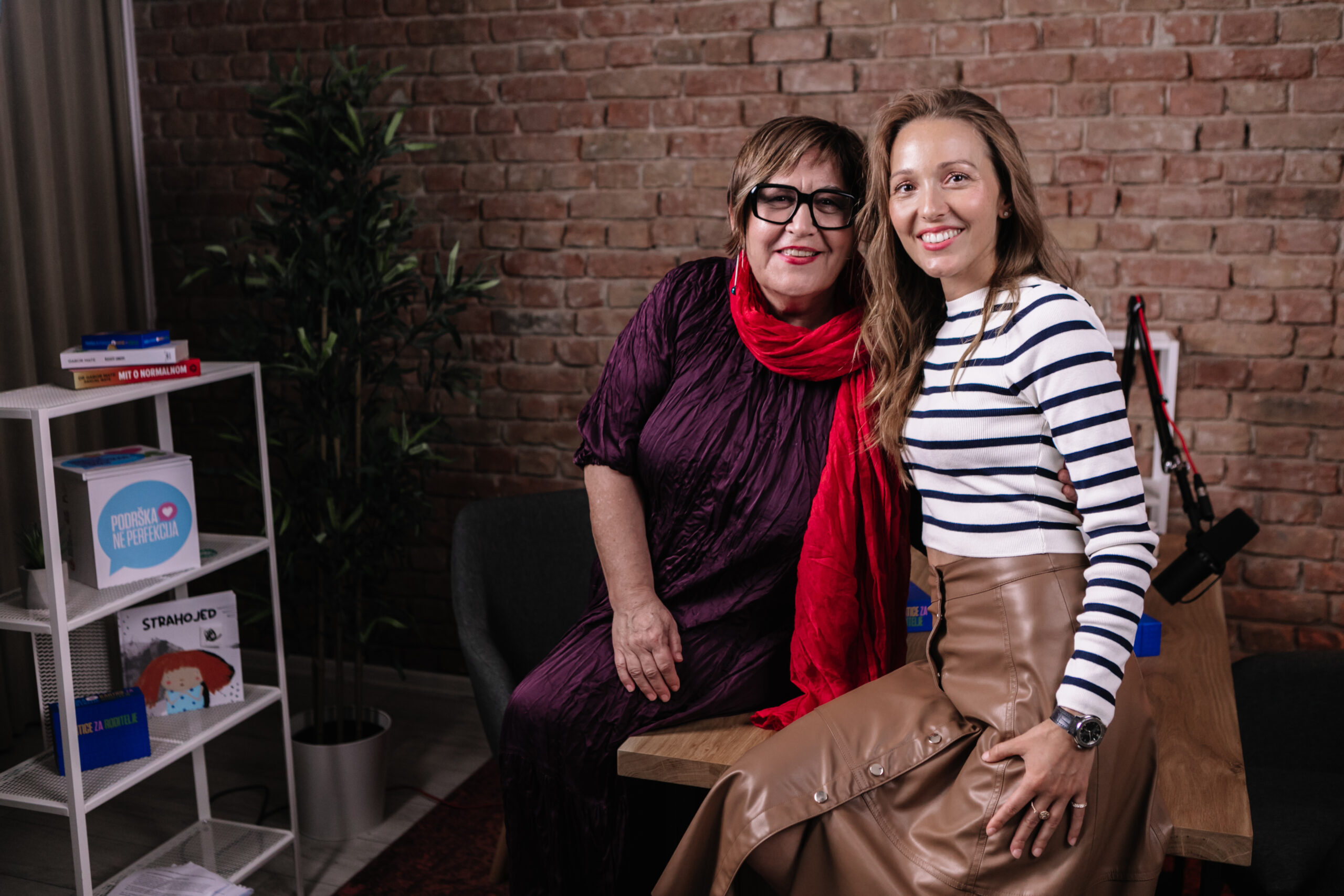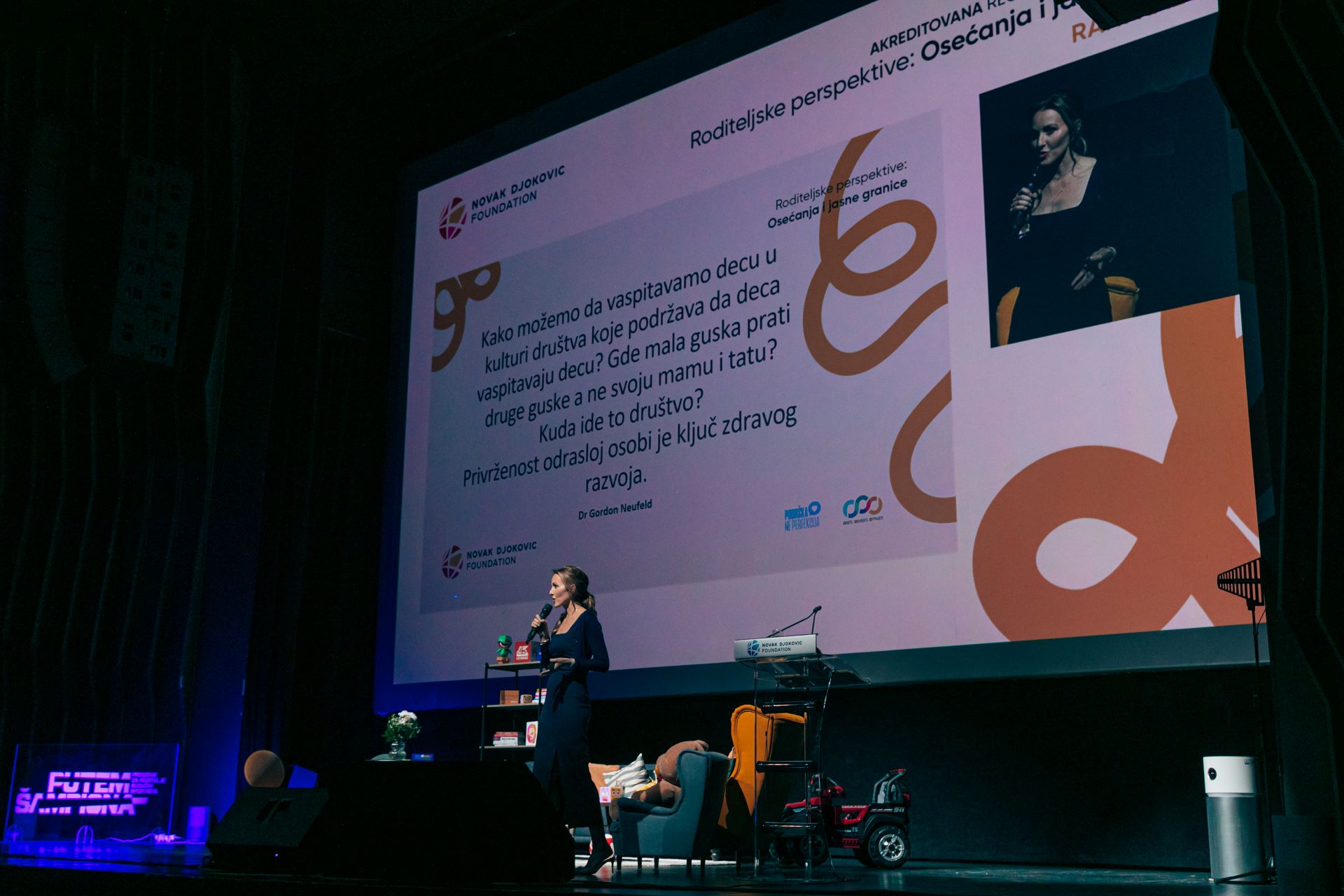Many parents face the dilemma how to get their children to thank the kind and generous gift givers, and the answer could be in „thank you letters“.
The festive season is over and the decorations have been put away for another year. Over numerous living rooms around the world lie new toys scattered to the four winds; some hotly anticipated, some not so much. Now, many parents face the dilemma: how to get their children to thank the kind and generous gift givers. With school terms starting again and children on the verge of busy and tiring days, now is the best time to get the thank yous ticked off the list. Easier said than done when the job descends into a battleground full of tears and tantrums. What a way to end the festive season!
Here are a few handy tips to help you make the process as painless as possible
1) Think about what kind of a thank you, you are going to send: Whilst thank you letters may be seen to be old fashioned when you can dash off a quick email on behalf of your child, don’t dismiss them too quickly. There is nothing nicer than receiving a card in the mail even if it is just the wobbly letters forming ‘Thank You, Love from …’
2) Talk to your child about why we send thank you letters: If children understand the importance of taking the trouble to thank people who gave up their time and money to buy them a present, there are much more likely to appreciate their role in the process. Involve them in choosing the way to thank friends and relatives, for example getting them to choose the cards that they send. This will also encourage them to show pride in their thank you letters and really put effort into the presentation of their handwriting too.
3) Think about the age and development of your child: it is absolutely of no use expecting an eloquent, lengthy letter if your child can barely write their own name. Just because other children in their class are able to write a whole page as a thank you letter, don’t assume that your child can do that too. If they struggle with writing, both with the physicality of the task as well as articulating their thoughts on paper, forcing them through several drafts of one letter when there are a dozen to write will more than likely put them off writing completely.
4) Think about the size of the task: There is a big difference between expecting one long and articulate letter and having to write a dozen of them. Think about how many they have to write and how long the whole task should take them. If they have a lot of letters to write, then think about shortening the letter length or buy thank you cards with some of the work done already to scaffold your child’s response.
5) Split up the task into manageable chunks: Little hands take years to develop the muscle strength as well as the concentration required for continuous writing. Don’t expect all the letters to be completed at once and maybe spend a session planning the format of letters together. Think about the concentration span of your child and think about setting them goals e.g. a half hour timer or completing two letters.
6) Plan in some reward time: This isn’t bribery, but providing an incentive to complete the task well. It could be the promise of a kick around in the garden, or cooking in the kitchen. After time sat at a table concentrating there is a real benefit in some physical activity and some fresh air, or a change of scene and activity.
7) Creative alternatives: Whilst I love a thank you letter, and in today’s fast paced world of communication I believe it represents genuine thought and effort, I may be justly criticised for being old fashioned. There are a number of other ways for children to show their appreciation, and if you decide that letters just aren’t right for you and your child, here are some other ideas:
- Record a video together and email it.
- Write an acrostic poem.
- Draw or paint a picture.
- Take a picture of your child playing with their gift.
- Take a picture of your child holding up a thank you note.
How else do you get your children to say thank you? We would love to hear your suggestions too

